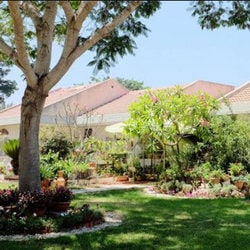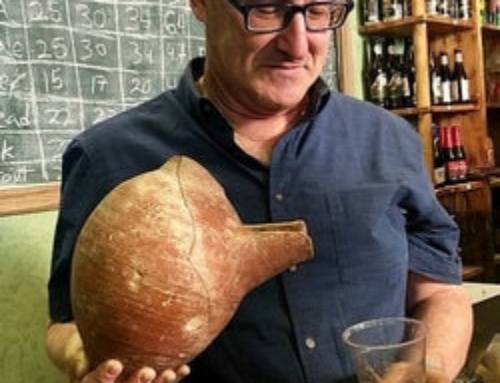 It’s very much in fashion at the moment. Many volunteers are coming to Israel to spend several weeks or months volunteering in a Kibbutz. They have many reasons for doing this but in general they want to have an unusual communal experience and to copy it if necessary.
It’s very much in fashion at the moment. Many volunteers are coming to Israel to spend several weeks or months volunteering in a Kibbutz. They have many reasons for doing this but in general they want to have an unusual communal experience and to copy it if necessary.
A way of life that’s over a century old
The first Kibbutz (a Hebrew word meaning “communal life” ) was founded in the 20th century not far from Lake Tiberius before the foundation of the State of Israel. This unique idea promotes a world in which the members live communally, work together and share their income equally no matter what their position in the organisation.
A Kibbutz member (a Kibbutznik) belongs to a whole that is larger than his family and has the power to influence questions concerning the community. It is estimated that at the beginning of the founding of the State, that almost 10% of the Israeli economy was based on Kibbutzim. Even if several Kibbutzim don’t function any more exactly according to the ideology’s initial principles, they are still one of the main attractions in the country.
About 250 Kibbutzim across the country
According to official statistics, there are approximately 250 Kibbutzim in the country. Around 20 of them claim to be purely religious. The majority of them were privatised after the recession in the 80s and when State aid was withdrawn. They have also moved away from traditional agriculture to more industrial methods. Only 27% continue to share their income equally but the others ensure that all members have at least a minimum wage.
A rush from Asia
During the 80s, the volunteers working in the Kibbutzim were mainly Europeans. Unfortunately because of the Palestinian conflict and the bad publicity surrounding it in Europe, their numbers have dwindled. Replacing them now are mostly Asians, Koreans and Japanese, who volunteer in Kibbutzim.
They work in many places such as the kitchen, meet new people and are immersed in Israeli culture. For many, the main fascination is the ideology behind a Kibbutz. During their stay they have free board and lodging from the community. Some even give them some pocket money.




Leave A Comment